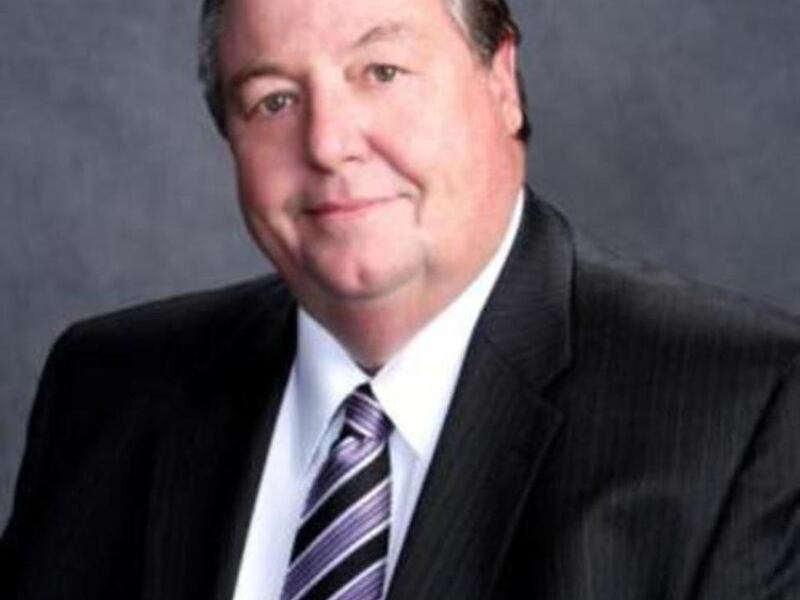TAYLORSVILLE — An attempt to override Mayor Larry Jonhson's veto of a new campaign finance disclosure ordinance failed Wednesday when the Taylorsville City Council fell one vote short.
But the disagreement wasn't over whether the city should require annual reporting deadlines on top of the municipal election deadlines state law currently requires.
While each council member — and the mayor — said they were in favor of increased transparency, there was disagreement over the date of the new disclosure deadline, causing two of the five council members to vote against the override. It needed four supporting votes to pass.
Hours before the City Council meeting, Alliance for a Better Utah urged support for the proposed campaign finance disclosure ordinance.
Rachel Sanders, the government watchdog group's director, said Johnson's veto threatens Taylorsville's best interest, and she called on the mayor to reverse his position on the ordinance.
“A majority of the Taylorsville City Council took a step toward transparency in the area of campaign finance disclosure. The votes against this ordinance and the mayor’s veto reflect a step backward toward opaqueness and public skepticism about the political process," Sanders said in a prepared statement issued Wednesday.
More than 50 Taylorsville residents packed into the City Council chambers for the meeting, where several spoke both for and against the mayor's veto.
Some, like Jessica Gomez, were angered by the mayor's veto of the original proposal, questioning why he wouldn't support increased government transparency.
"I don't see the big deal," she said. "Just pass it. Let's be transparent."
But Glen Gardner wondered why Taylorsville would want to expand on Utah's campaign disclosure requirements, which has so far only been done in Salt Lake City and Salt Lake County.
"If it's not broke, don't fix it," he said. "This seems to be much ado about nothing, or maybe a vendetta against the mayor."
Earlier this week, Johnson faced some public backlash for his veto. In his initial veto statement, the mayor said he didn't support the new law because it "seeks to correct a nonexistent problem within the city" and unnecessarily expand on state law.
But during Wednesday's meeting, Johnson clarified that he "was in support of adding additional disclosures" and his "only concern was the date."
"My veto is not a rejection of transparency," he said, adding that criticisms of his decision made on social media and by other council members were "an oversimplificaiton of the issue."
The Johnson also said he "got the feeling this ordinance targets me" for a golf tournament his campaign sponsored over the summer, pointing out that it's not illegal to campaign even though he's not up for re-election next year.
Councilman Brad Christopherson said the ordinance was not considered because of the mayor's golf tournament, but to increase frequency of reporting. State law for municipal elections requires reports seven days before the primary and general elections, and that would not be enough time for the public to review campaign disclosures, he said.
"This isn't about just one person," Christopherson said, pointing out that 3 ½ years can go by before a municipal elected official would need to report campaign money after his or her election.
Councilmen Dan Armstrong and Ernest Burgess voted against the veto override because they had similar concerns about the proposed date, which under the ordinance would be 30 days after each November election.
Armstrong said he'd prefer to have it at the end of June or July. A December deadline, he said, would give challengers an advantage over incumbents because they wouldn't be required to submit any reports until after their candidacy deadlines in June.
After the veto override failed, council members agreed to revisit the issue at their next meeting to compromise on a different date.


